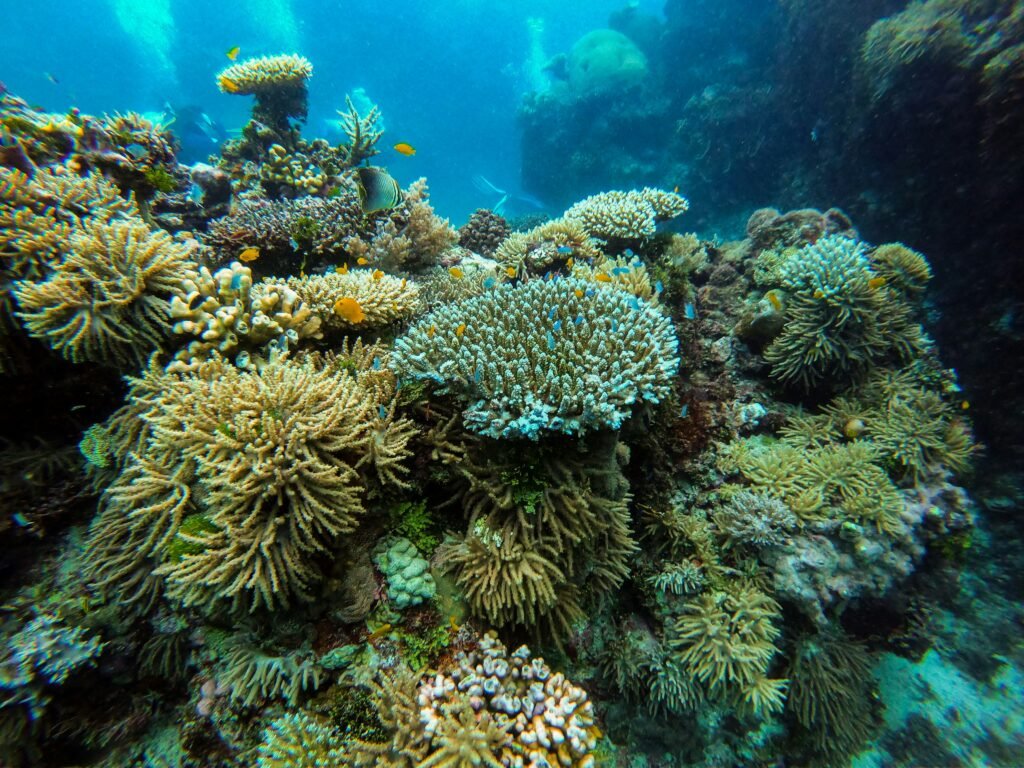The Great Barrier Reef in Australia is undergoing yet another massive bleaching event, as verified by the reef’s managers on Friday. This is due to the rising ocean temperatures brought on by the global climate catastrophe and intensified by El Niño.

The Great Barrier Reef, which is also inscribed in the World Heritage List has been hit by a major coral bleaching event likely caused by heat stress. Climate change is the biggest threat to their survival because of their sensitivity to heat. Bleaching causes corals to lose the colourful algae living in their tissues, turning them white. Prolonged, intense heat could cause coral deaths. The reef is considered one of the most species-rich habitats on earth.
This is the sixth major bleaching event in just eight years and the seventh overall to affect the large, fragile, but ecologically significant site. Two-thirds of the marine park was covered by aerial surveys carried out by the Australian Institute of Marine Science and the Great Barrier Reef Marine Park Authority, which verified the occurrence of a widespread event known as mass coral bleaching.
With an area of around 345,000 square kilometres and a rich diversity of over 1,500 fish species and 411 hard coral species, the Great Barrier Reef is the largest coral reef in the world. Every year, it contributes to billions of dollars into the Australian economy and is widely marketed to international travellers as one of the world’s and Australia’s greatest natural wonders.
There is pressure on the Australian government whether it is taking sufficient action to preserve the reef. It has pledged to invest one billion Australian Dollars ($660 million) over ten years to fund water quality initiatives, safeguard important reef species, and develop new technologies for climate adaption. While the additional investment was appreciated, international climate experts have criticized the government for not doing enough to wean Australia off of fossil fuels and cut emissions in order to tackle global warming, which is a key point for coral reefs.

